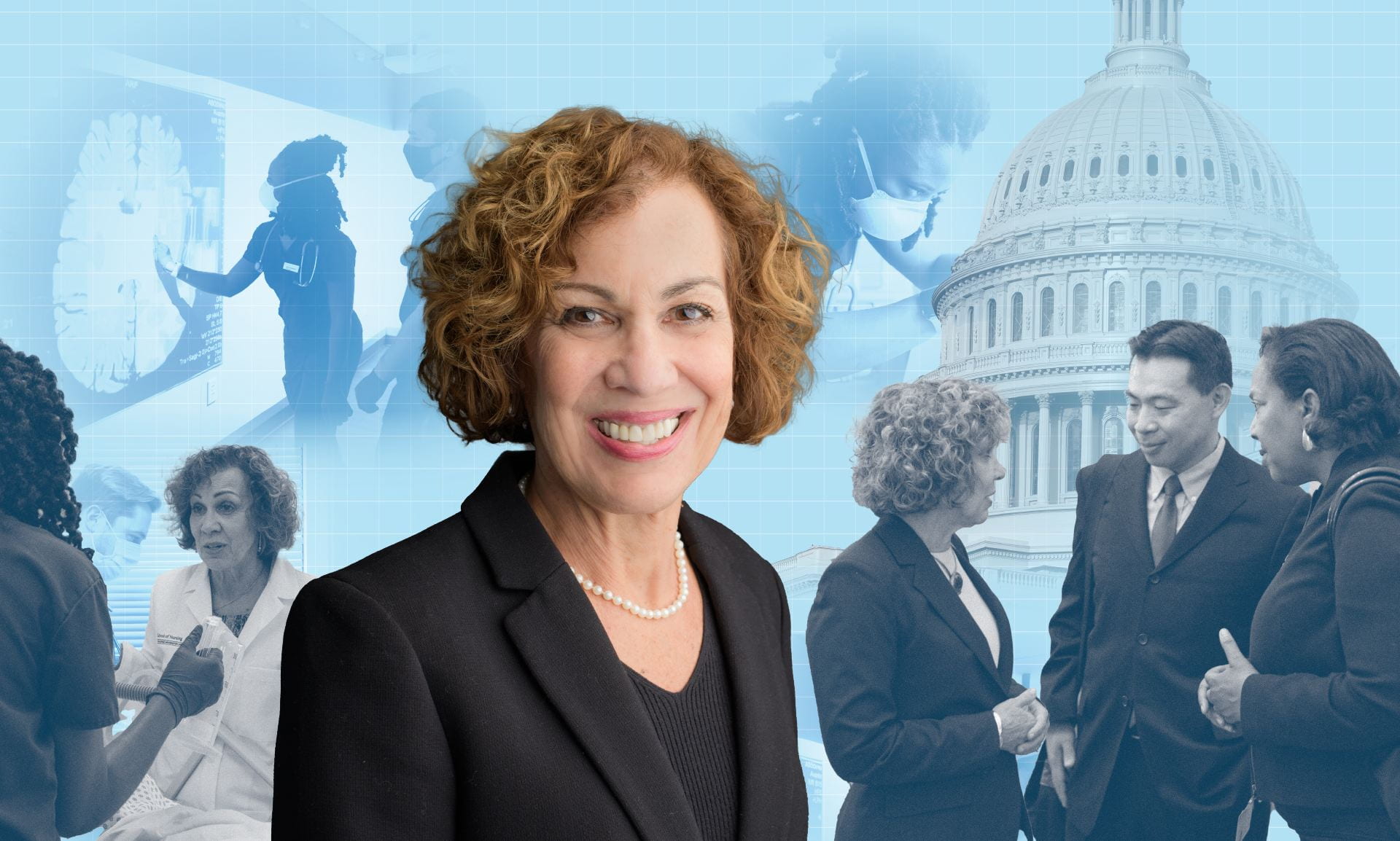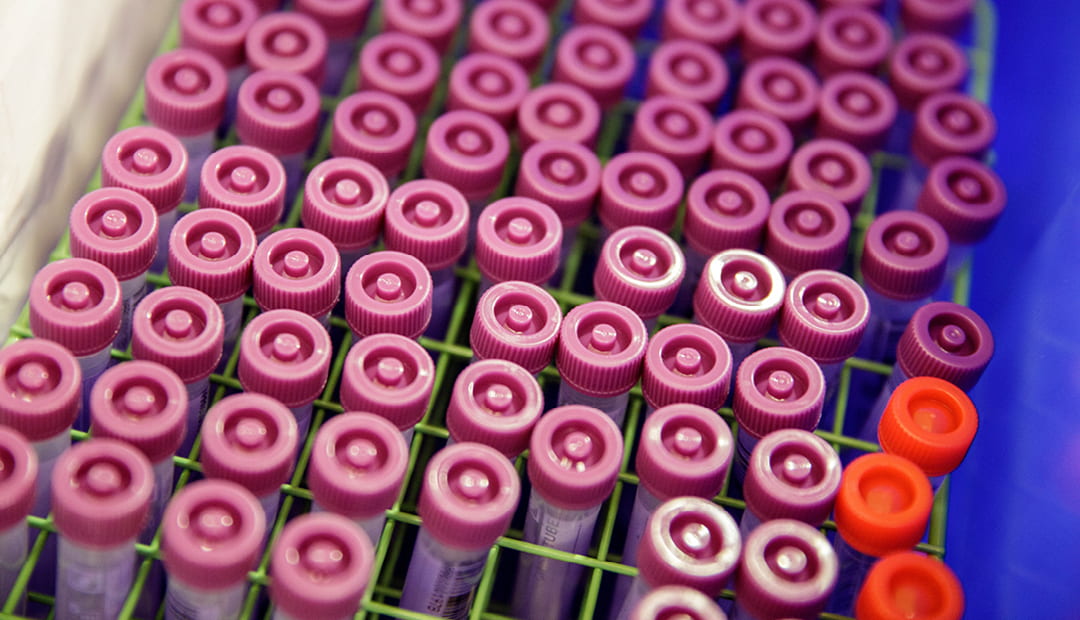Just as the emergence of COVID-19 affected many aspects of GW Nursing’s operations, the Center for Health Policy and Media Engagement saw interruptions of our typical lecture series. Knowledge sharing is one of the pillars of the Center for Health Policy and Media Engagement, and we were determined not to let the inability to host in-person events hinder our ability to further that goal. By utilizing technological innovation and the impressive expertise of our faculty, we found our solution.
In April, amid the height of the shortage of personal protective equipment that was plaguing the U.S. health care system, center Executive Director Y. Tony Yang moderated a webinar titled Masks and PPE: COVID-19 and the Next Pandemic. Utilizing the expertise of Senior Service Professor Diana Mason and a colleague at University of Michigan, Christopher Friese, the center had the opportunity to educate a large and diverse virtual audience on the current state of the coronavirus and personal protective equipment (PPE) shortages. The webinar covered routes of transmission of COVID-19, PPE needed to reduce transmission for both health care workers and the public, reasons for shortages of PPE for health care workers, short-term options for addressing the shortage, and finally, long-term options for preparing for the next pandemic. This partnership of nurse experts was reflected further in the Journal of the American Medical Association (JAMA) forum piece on “Protecting Health Care Workers Against COVID-19—and Being Prepared for Future Pandemics.”
In May, the center had the opportunity to utilize the expertise of two GW Nursing professors, Joyce Pulcini and Joyce Knestrick. In conjunction with Susan Hassmiller of the Robert Wood Johnson Foundation, Silvia Cassiani with the Pan American Health Organization, and David Stewart of the International Council of Nurses, we brought together this team of global nursing expertise and put on a webinar titled Global Advanced Practice Nursing Leadership in the Era of COVID-19. They spoke on the role of advance practice nurses in the health workforce in the U.S., in different regions across the globe, the role of nursing during COVID-19, and how the pandemic will influence the future of nursing. The speakers of this center-sponsored virtual event are also the authors and editors of the book Advanced Practice Nursing Leadership: A Global Perspective.
Many of the center’s members are also utilizing their expertise to conduct COVID-19 related research, win grants, and publish think pieces on health during the pandemic. Dr. Yang, for example, has written multiple pieces examining the legality of vaccine mandates and travel restrictions during the pandemic. Ashley Darcy-Mahoney wrote an op-ed weighing the dangers and importance of getting children back to school. Diana Mason has written on the challenges of care and lessons learned.
It is an understatement to say that the COVID-19 pandemic has presented a lot of hurdles to the way work gets done — including at GW, the center, for nurses and the medical community at large. However, there has been great resilience and incredible adaptation. The Center for Health Policy and Media Engagement was proud to engage our community in new ways during this time, to continue to share timely and critical information, and for the opportunity to showcase the great work and expertise of our quality faculty.
by HALEY STEPP

